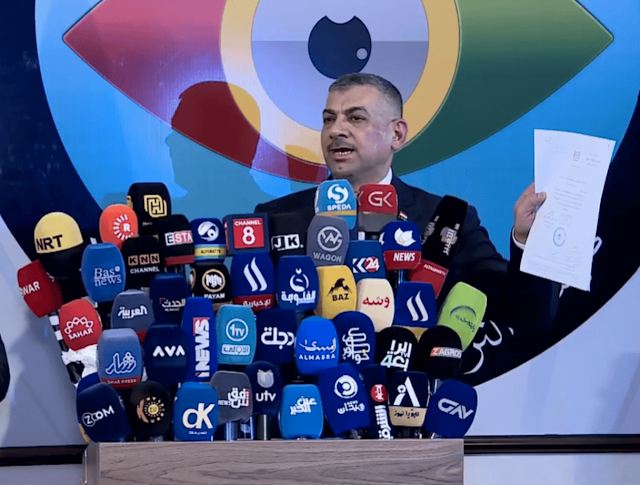Phebe Marr
is considered one of the great Iraqi historians, and her book The Modern
History of Iraq is one of the basic books to read to get an introduction to
the country. It is laid out in chronological order going through the major time
periods from the Ottomans up to the U.S. invasion. Marr outlines the strengths
and weaknesses of each era. Her thesis is that Iraq has always been a challenge
to rule due to its diversity. When governance is done well Iraq has created
great things, but when done badly it has led to chaos. Unfortunately, the
nation has had more of the latter since its creation.
The
Ottomans were one of the most important influences upon Iraqi history. They
created a centralized administration and a secular education system. They also
ruled through authoritarian paternalism where the elite believed they knew what
was best and therefore didn’t have to consult with the populace. These had huge
influences on modern Iraq. The bureaucracy was inherited by the British and
would become the basis for the Iraqi government. The schools gave birth to an
indigenous elite, mostly urban Sunnis, who would go on to rule the country in
an authoritarian manner. This was the first example of Marr’s thesis. The
Ottomans ran what would become Iraq for centuries and had plenty of problems,
but their long reign showed they were effective, and they had one of the most
important impacts on the new nation.
The thirty
year rule of the monarchy under first the British Mandate and then independent
Iraq was much more of a mixed bag. Ideologically it couldn’t resolve the
differences between the Arab nationalists who wanted to focus upon the region
and the reformists whose priority was Iraq nor the split within the
Pan-Arabists between the politicians who were mostly pro-British and the army
who were anti-imperialist. The latter came to see themselves as the true
leaders of the country and launched a series of coups. The reformists,
especially the Communists who had the largest popular base in the country led
increasing protests especially against the English influence, which led to more
and more repression. The elite also ruled through the army and the rural
landlords when an increasing amount of the population was becoming urban.
Finally, oil was developed making the country economically dependent upon the
industry. Here was the other side of Marr’s thesis. The elites were never able
to unite and deal with the opposition. The pan-Arabist ideology that dominated
meant an Iraqi identity was never forged that could appeal to all of the country’s
peoples. The growing urban population was largely ignored both politically and
economically. Iraq is still oil dependent even to this day, and the continued
British influence and the power of the military led to the 1958 coup that wiped
out the monarchy. Despite the monarchy ruling for much longer than many of the
governments that followed it was never able to overcome the differences in the
country and paid the ultimate price for that.
Many
people were drawn to Iraq because of the U.S. invasion and occupation, but to
know the country one has to read about its history. Phebe Marr’s book is one of
the first you should look to. It covers the politics, the economics and the
society of Iraq in an easily read style with some good overall insights. One
can draw upon Marr’s writing to find parallels to how modern Iraq is being run
as well. The oil dependency, the neglect of the population, the benevolent
authoritarianism are all still present in the country today and The Modern
History of Iraq explains some of their root causes.




2 comments:
Thanks for that review. The book seems to be worth buying.
Don Cox
It's one of three basic Iraq history books everyone recommends
Post a Comment